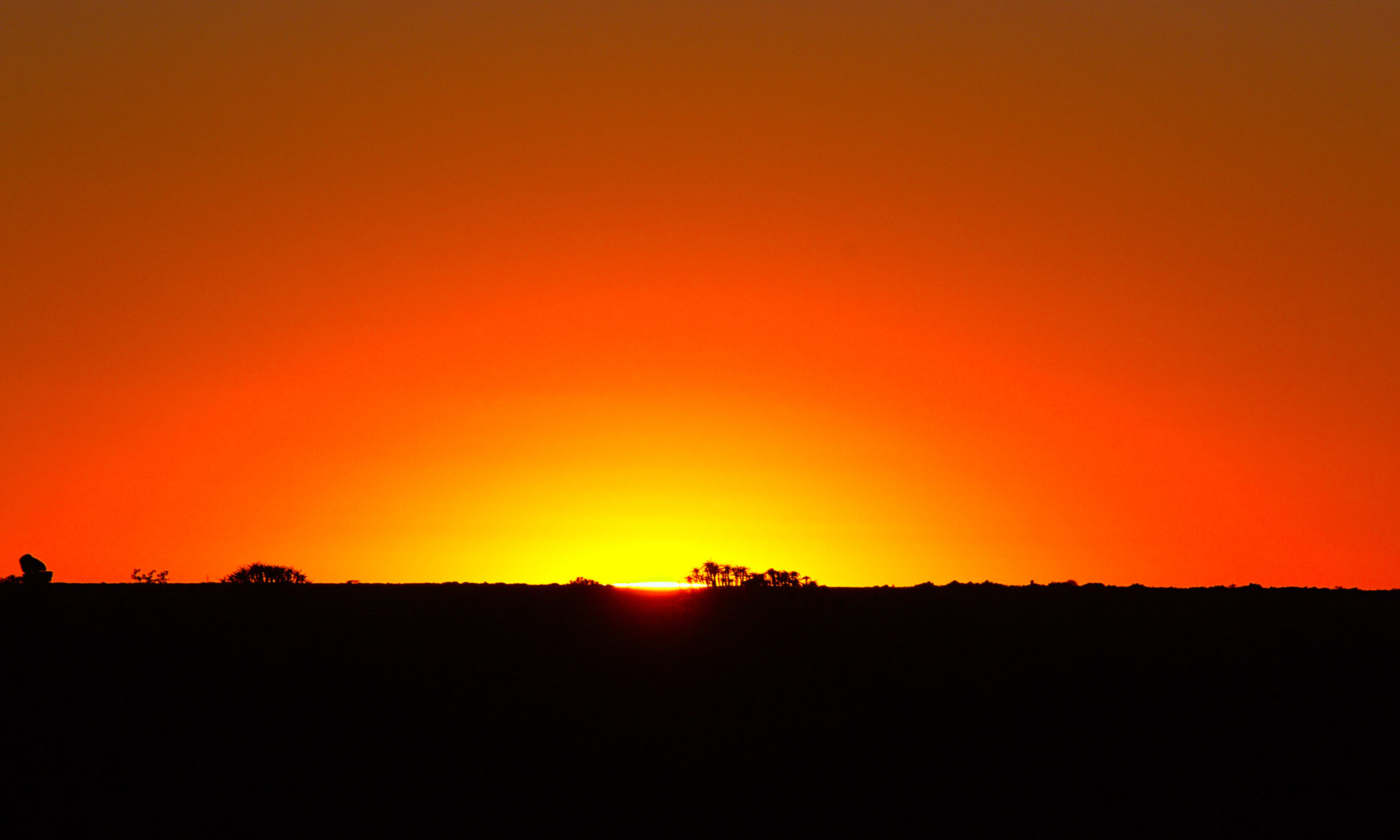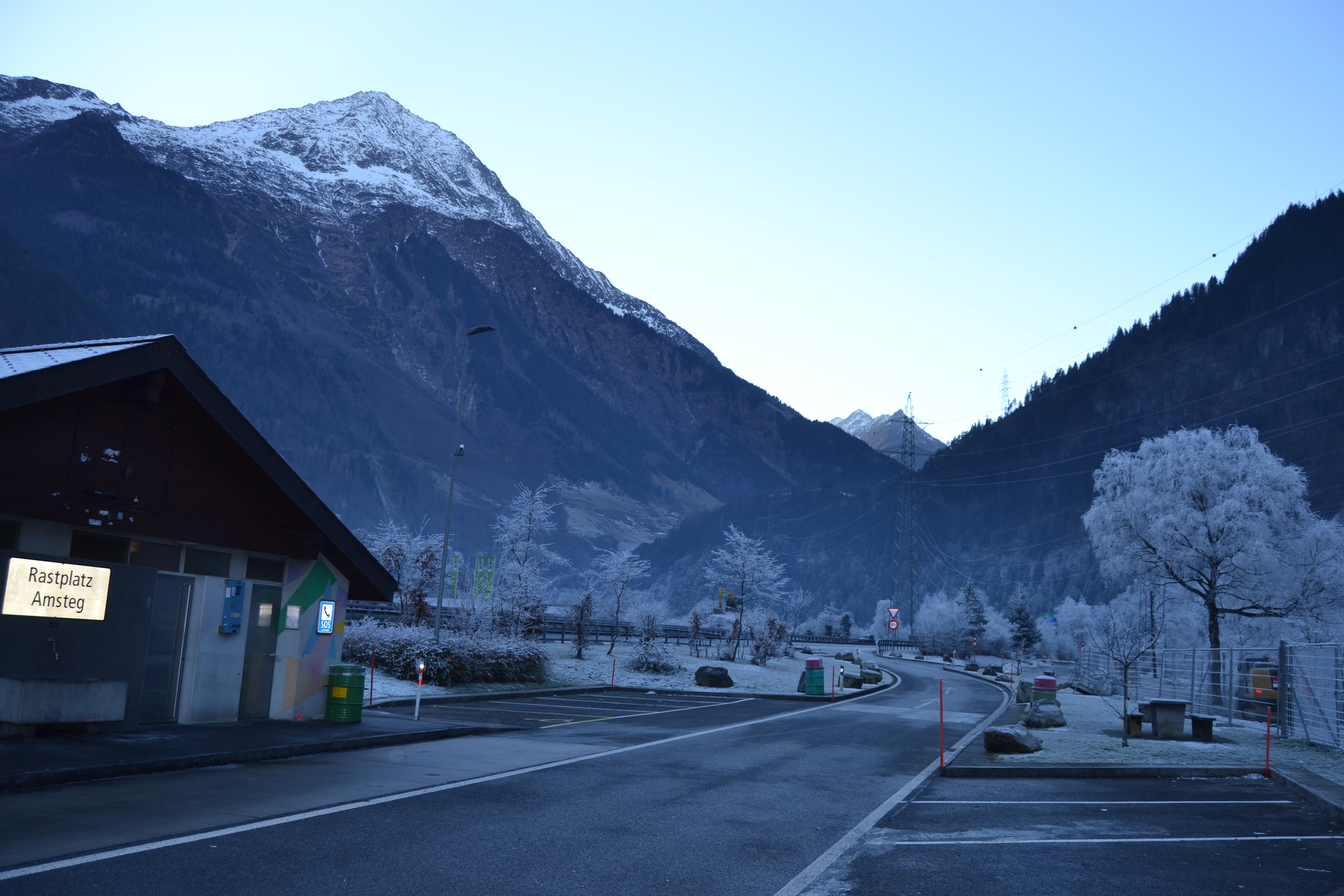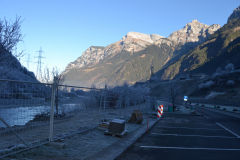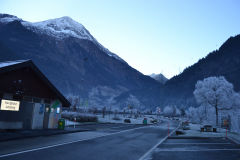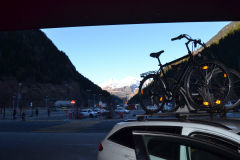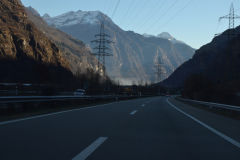Italy is a country located in southern Europe, and is considered the birthplace of Western civilization. The history of Italy is rich and diverse, with influences from various cultures and empires throughout the centuries.
The earliest recorded history of Italy dates back to ancient times, when the region was home to a number of powerful civilizations such as the Etruscans, the Greeks, and the Romans. The Roman Republic and later Roman Empire had a profound impact on the region, influencing its language, culture, and politics. The fall of the Western Roman Empire in the 5th century AD marked the beginning of the Middle Ages in Italy.
During the Middle Ages, Italy was divided into a number of city-states, each with its own government and power structures. This period saw the rise of the Catholic Church as a major political and cultural force in the region. The Renaissance, a period of great artistic and intellectual achievements, began in Italy in the 14th century and lasted into the 16th century.
In the 19th century, Italy underwent a period of political and economic upheaval, culminating in the unification of the country in 1861. During this time, the country began to industrialize, and its economy grew rapidly.
In the 20th century, Italy was a major player in the two World Wars. After World War II, the country underwent a period of economic growth and modernization known as the “Italian economic miracle.” This period saw a significant increase in the standard of living for many Italians, and the country became a major player in the global economy.
Today, Italy is a democratic republic with a parliamentary system of government. The country is known for its rich culture, history, art, and architecture, as well as its contributions to literature, music, and fashion. Italy is also a major tourist destination, known for its beautiful cities, beaches, and countryside.
In terms of geology, Italy is characterized by the Apennine mountain range that runs down the spine of the country, and the surrounding coastal plains and islands. The country is also home to several active volcanoes, including Mount Vesuvius, which famously destroyed the ancient Roman city of Pompeii in 79 AD. The geology of Italy also includes several mineral deposits, such as coal, sulfur, and natural gas.
Italy has a rich and diverse history that has been shaped by its unique geology, its position at the crossroads of Europe, and the influence of various cultures and empires throughout the centuries.
